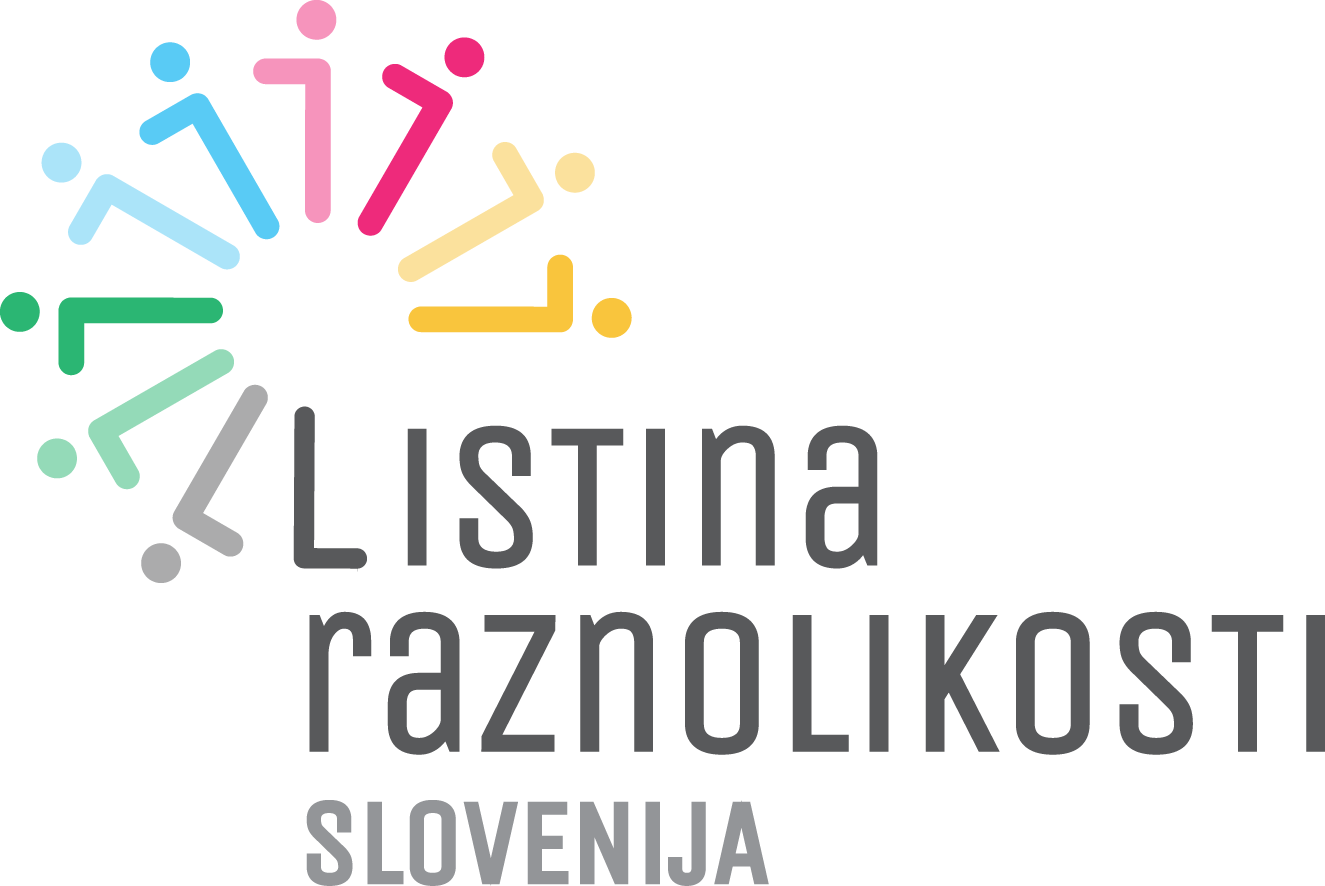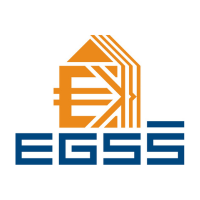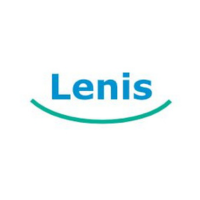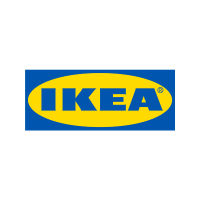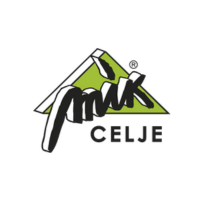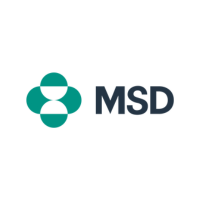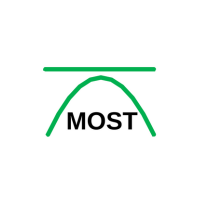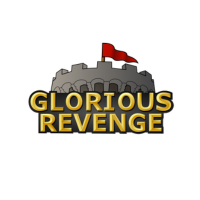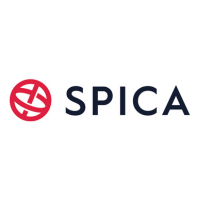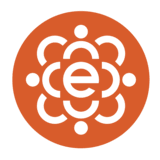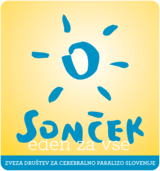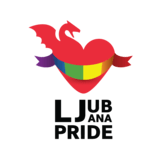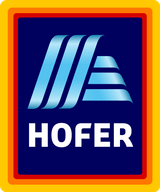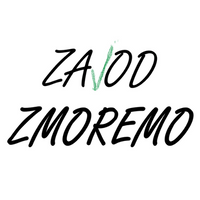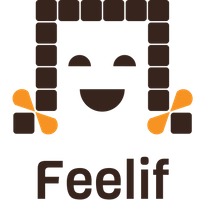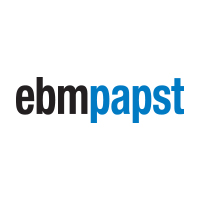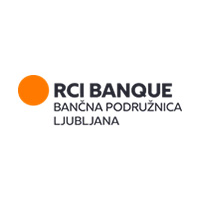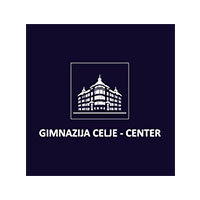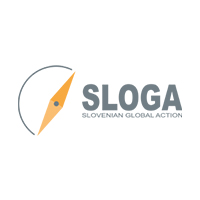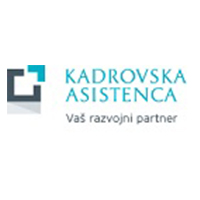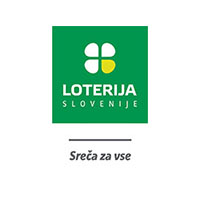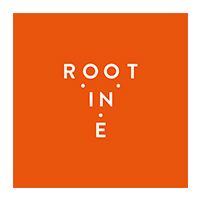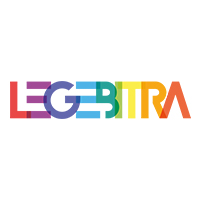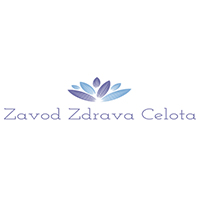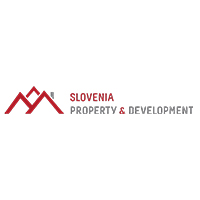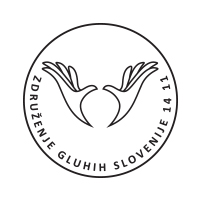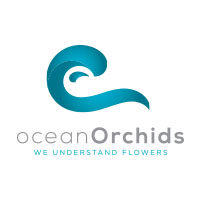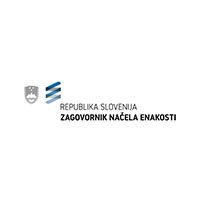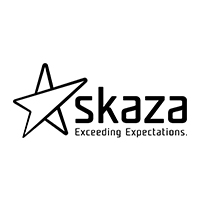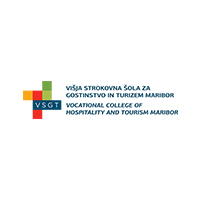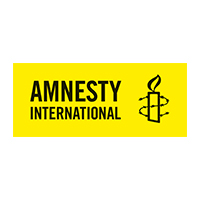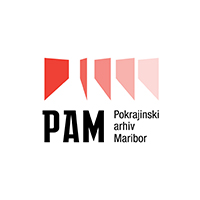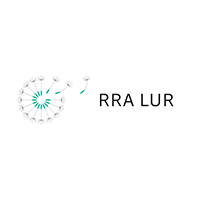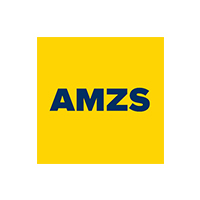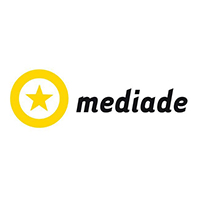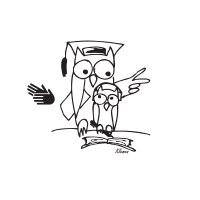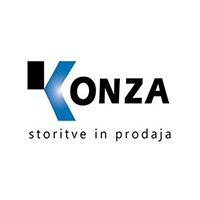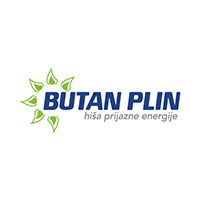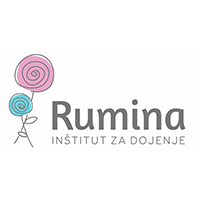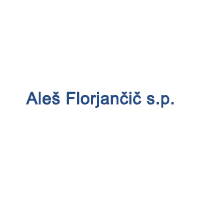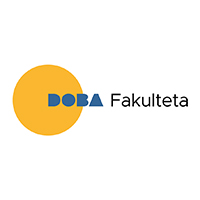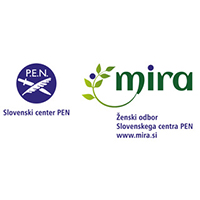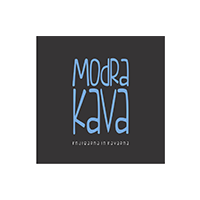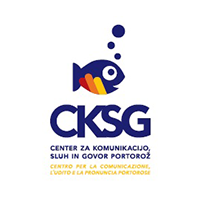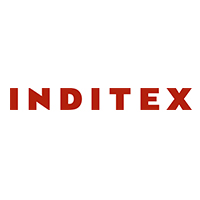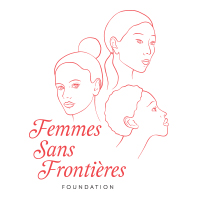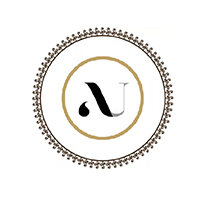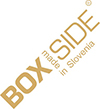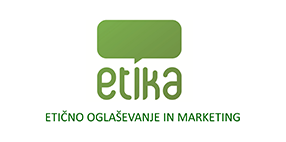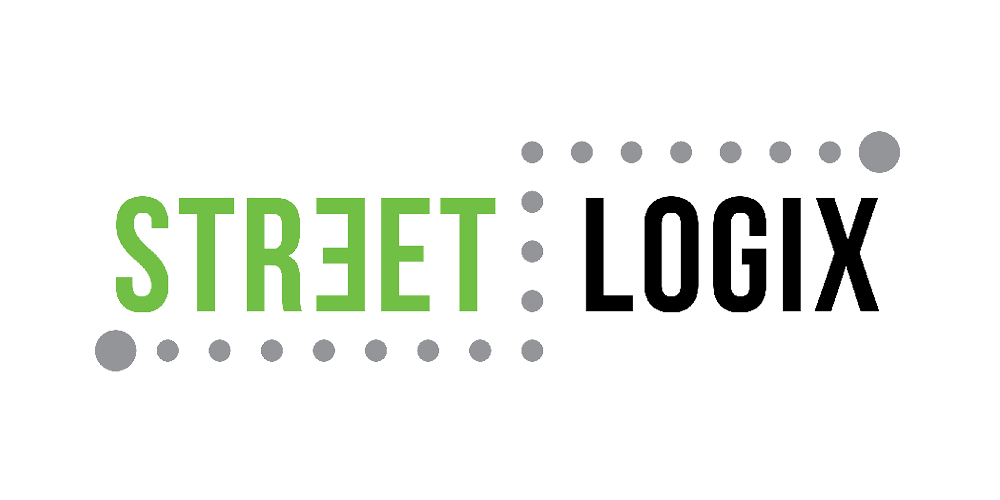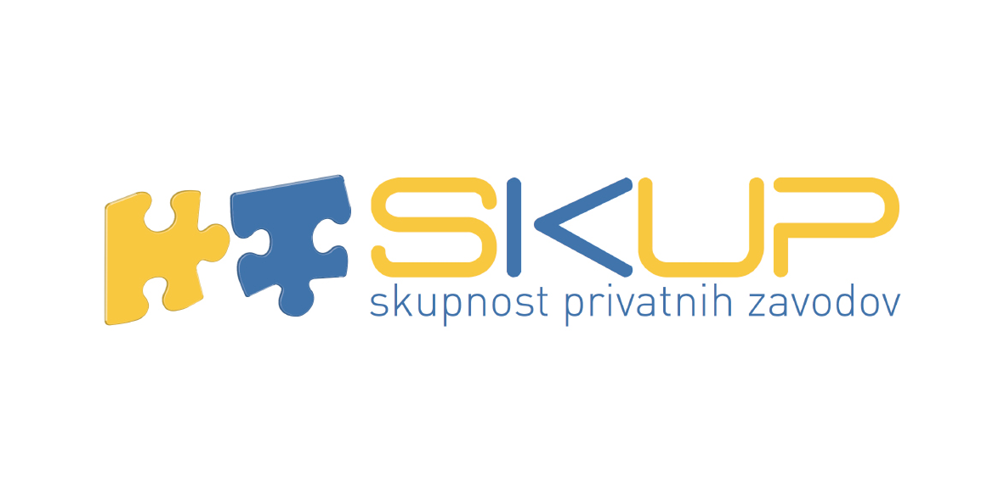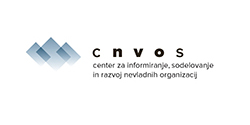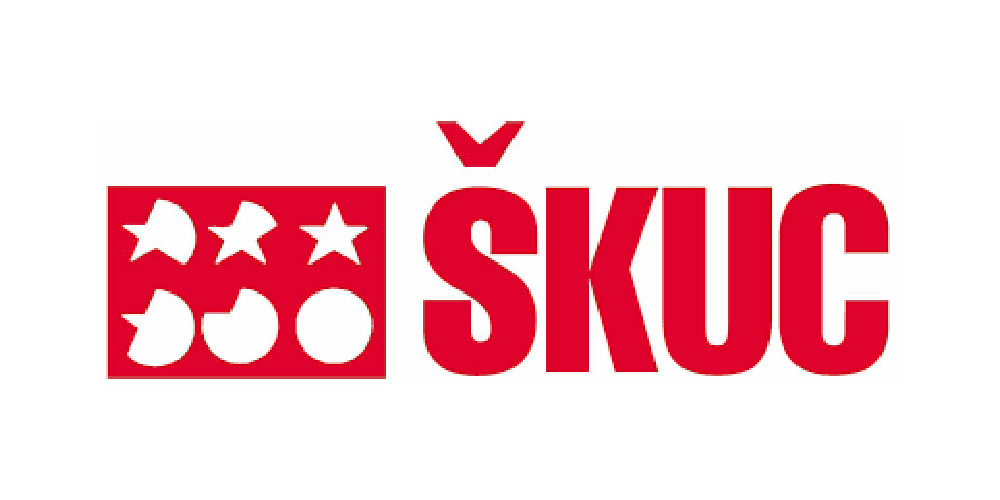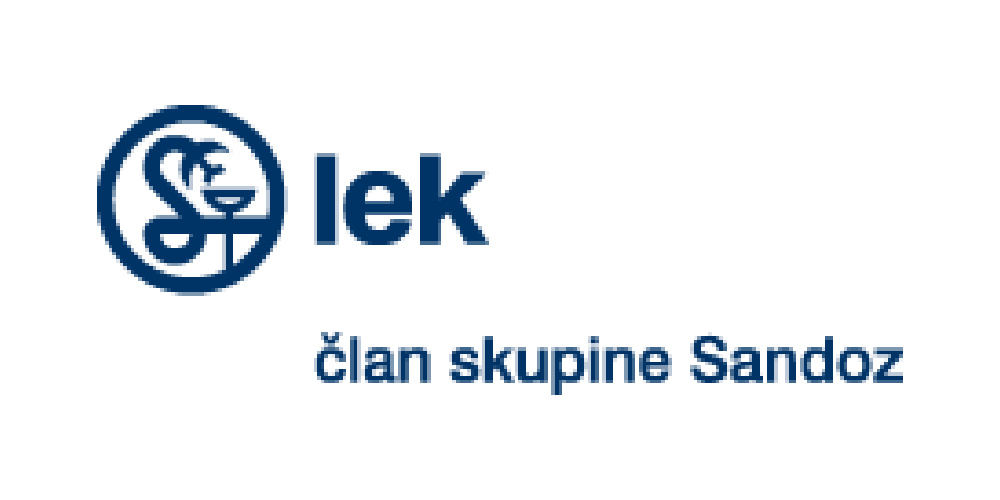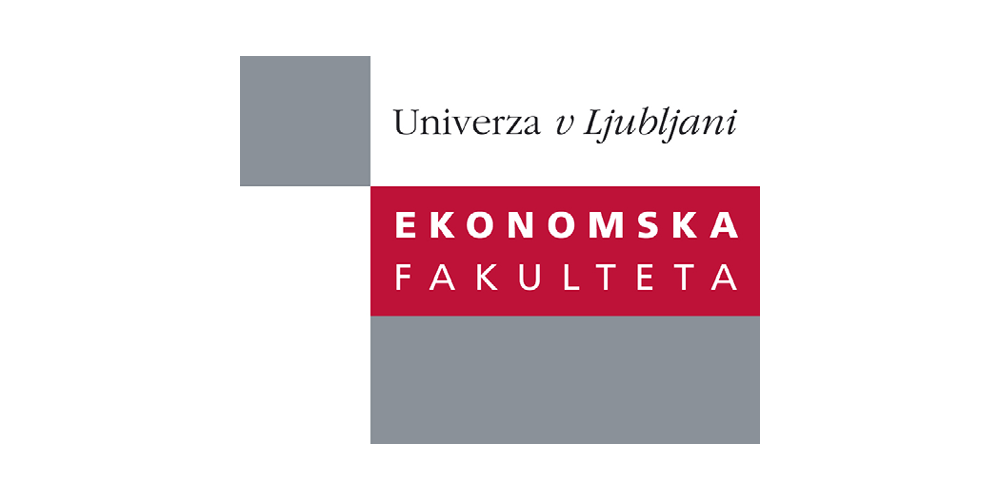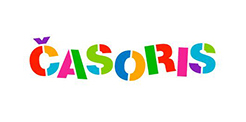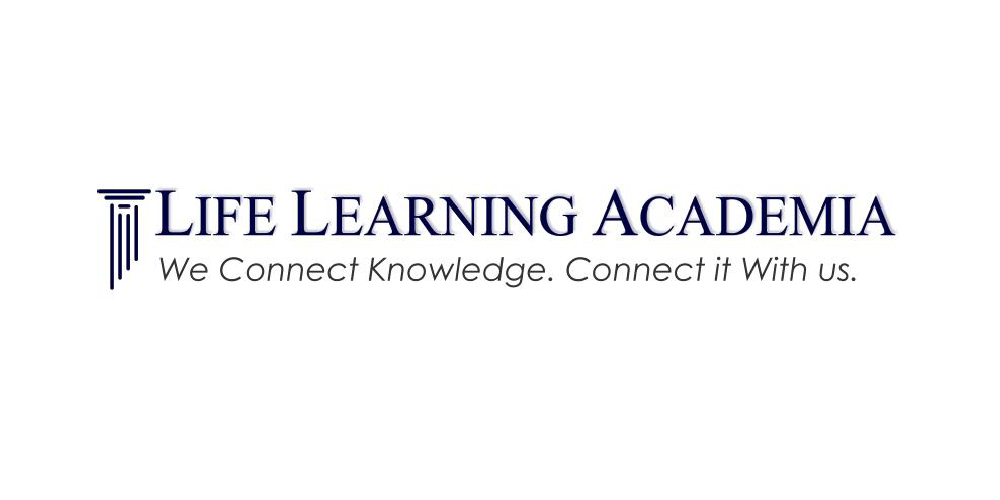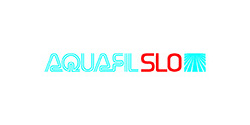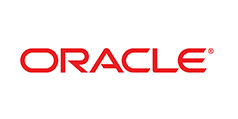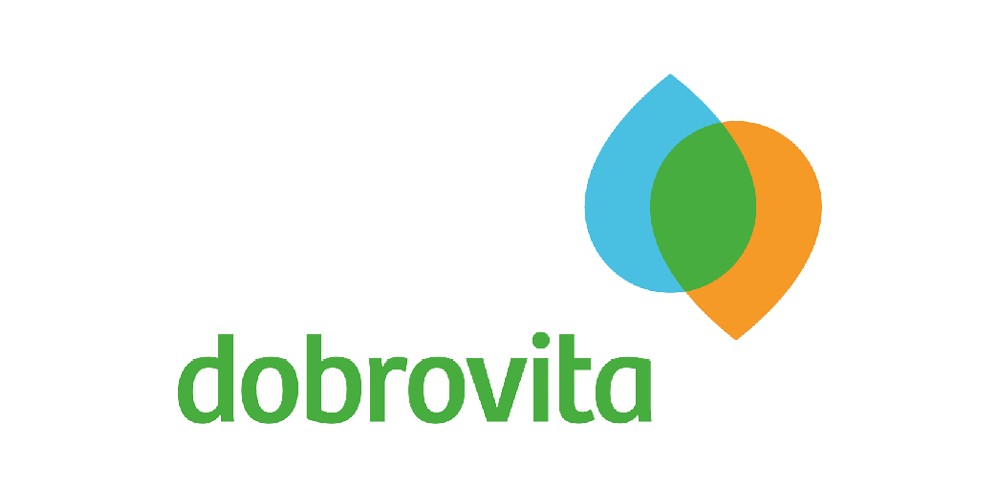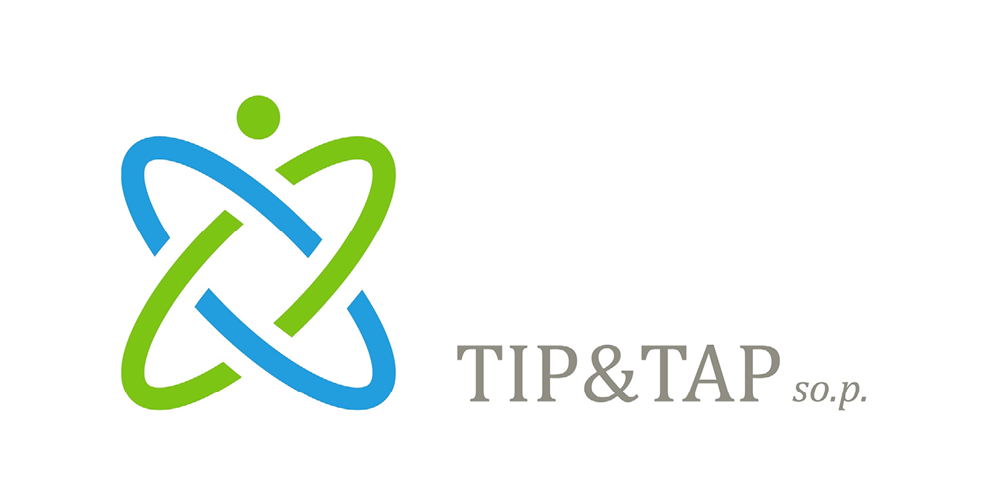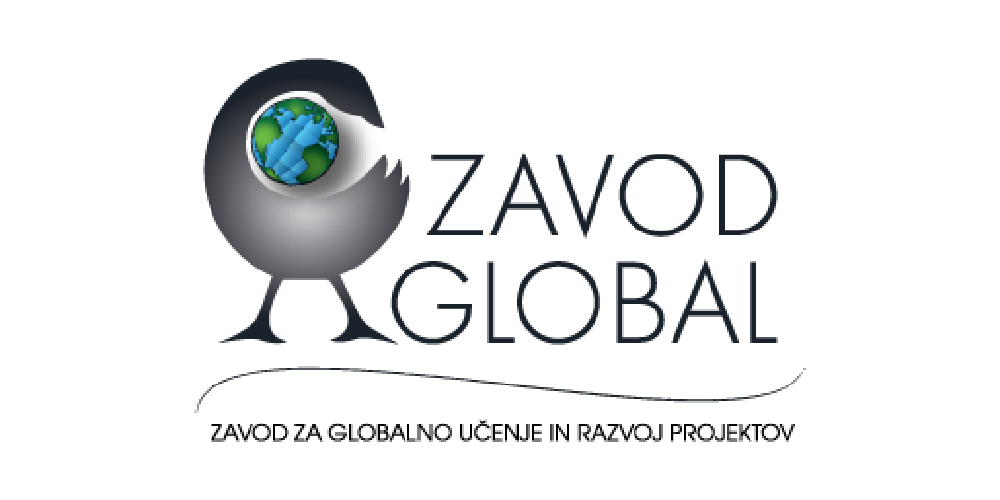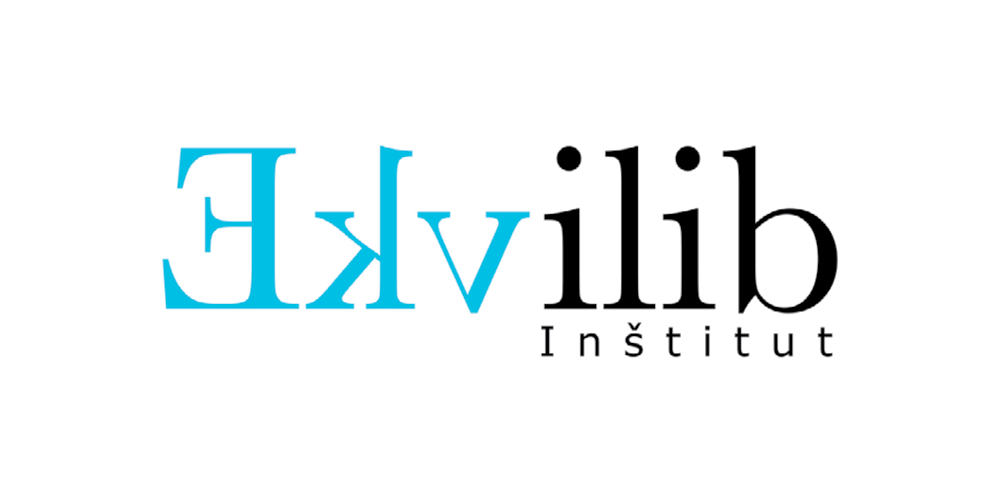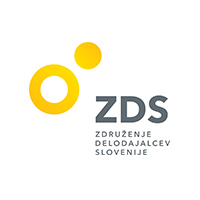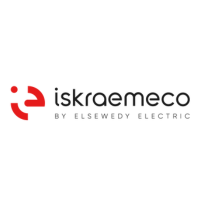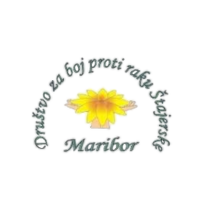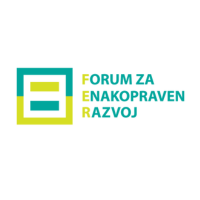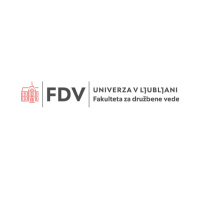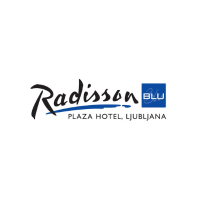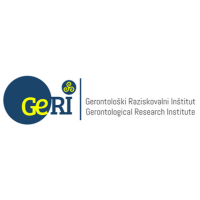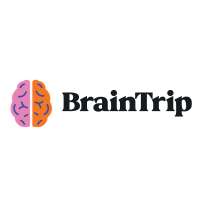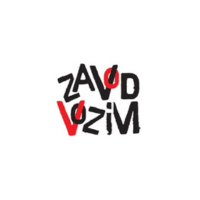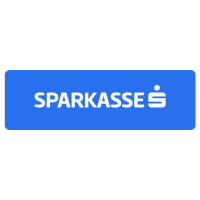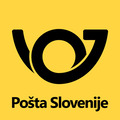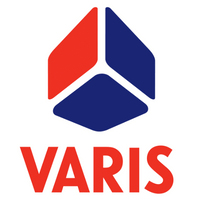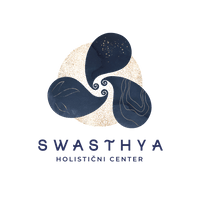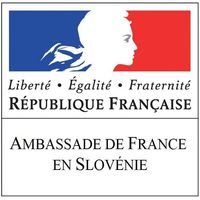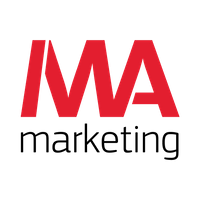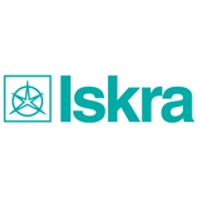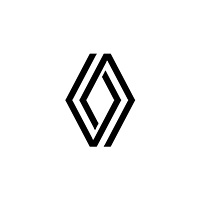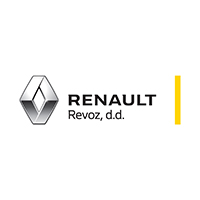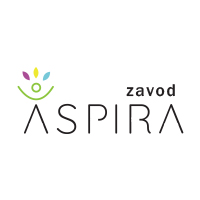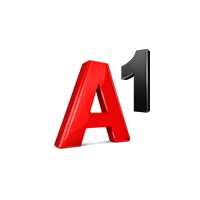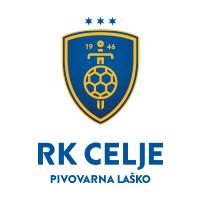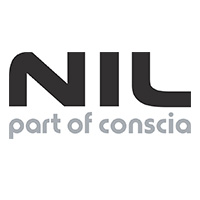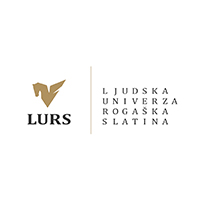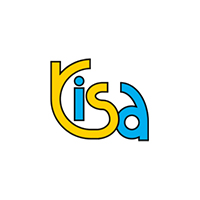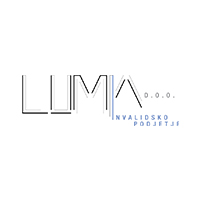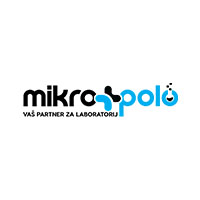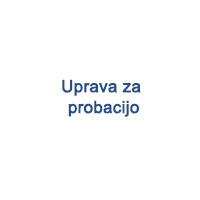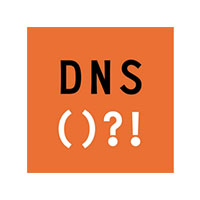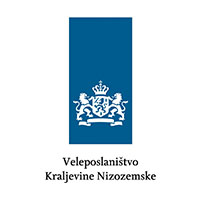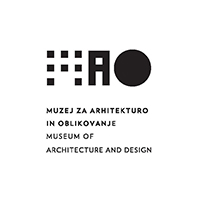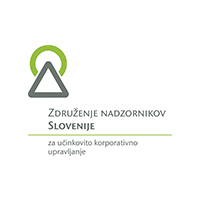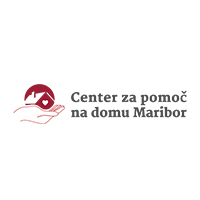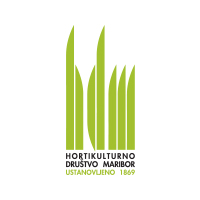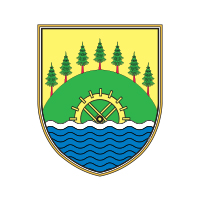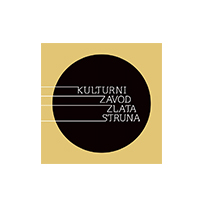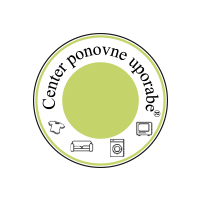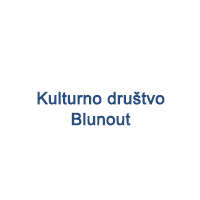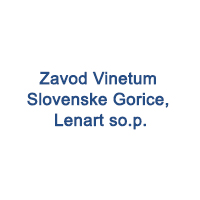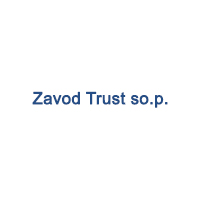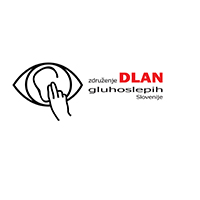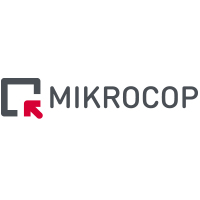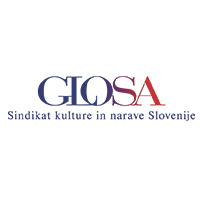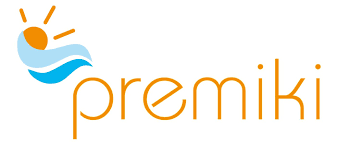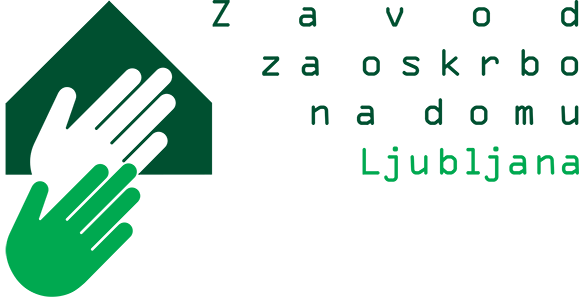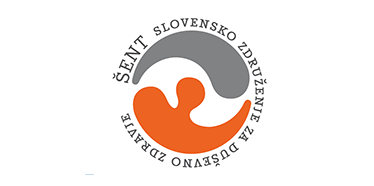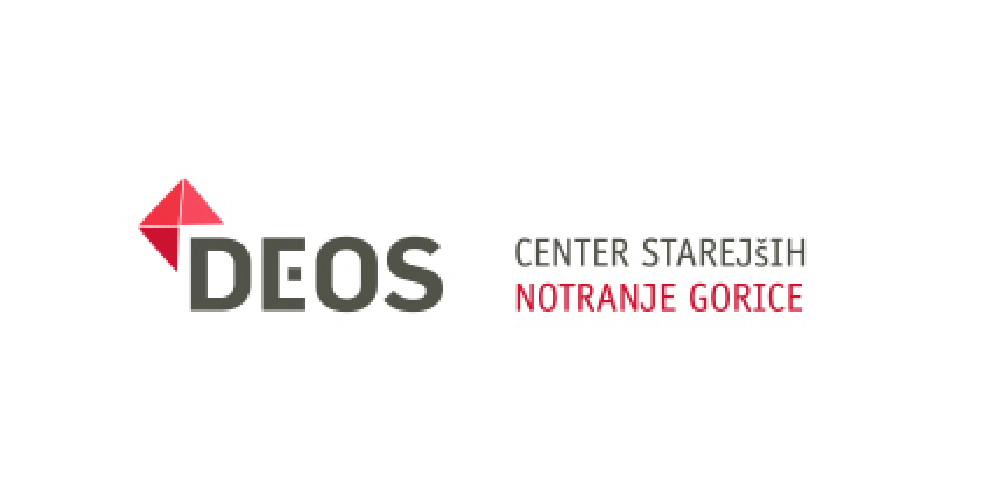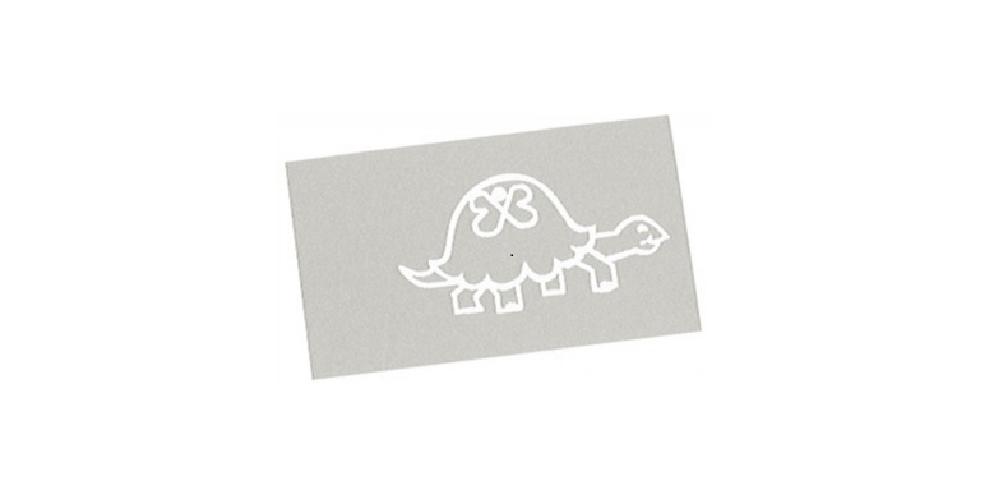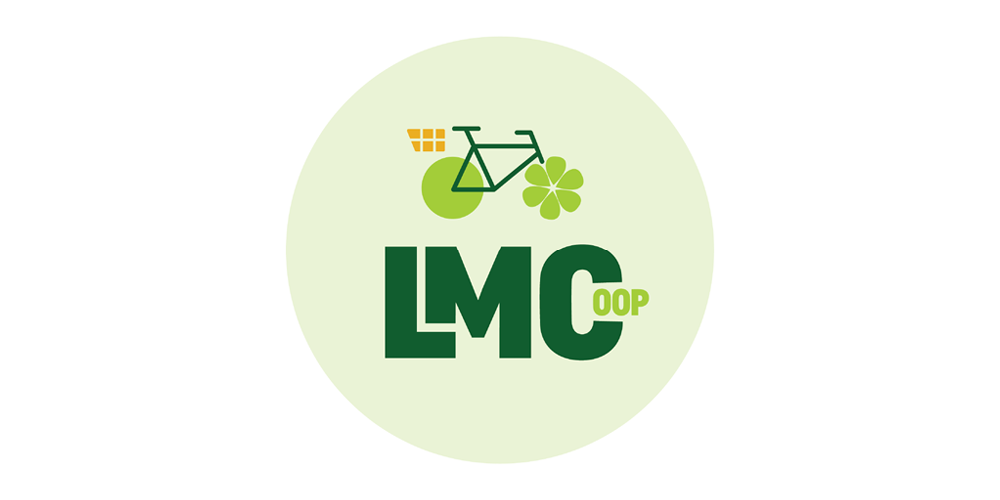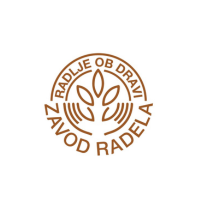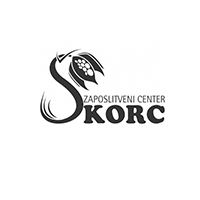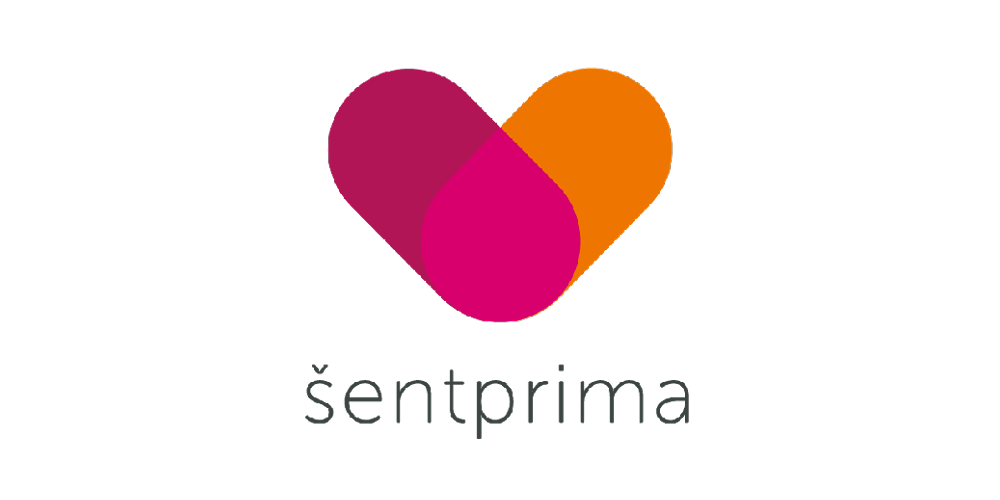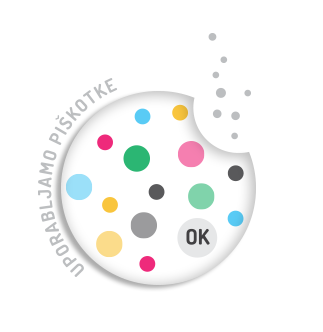NEWS FORM DIVERSITY CHARTER SLOVENIA
New project in progress: WORKPLACE INCLUSION CHAMPION
More info: PRESS RELEASE – WIC
10th of December – round table “Diversity against pandemic”
More info: PRESS RELEASE
ABOUT THE PROJECT I.D.E.A.S.
Diversity Charter of Slovenia is one of the outcomes of a project I.D.E.A.S. (Innovation. Diversity. Economy. Awareness. Success.) – Implementation of Diverstiy Charters of Slovenia, Croatia and Romania, co-funded by the Justice Programme of the European Union.
General objective of the project is to promote and stimulate the implementation of the non-discrimination principle and the respect for non-discrimination and human rights by setting up and developing Diversity Charters in Slovenia, Romania and Croatia for the private and public sector.
LEAD PARTNER:
DOBROVITA – internationally recognized and awarded (CEFEC award 2005, 2014; award for best HRM project, 2015) Social Business Company that believes that socially responsible entrepreneurship is the only just and sustainable form of makinNG business in future, will lead, monitor and coordinate the whole project. It is a successful, stable and sustainable-oriented company, taking into account the principle of human diversity management. With their established wide value-biased network partners will contribute to good start of the project, through their sincere dedication to the highest standards of social entrepreneurship, thus integration of diversity into businesses, DOBROVITA will play the major part in achieving undisputed ways towards common goals and objectives of the partners of this particular project.
PARTNERS FROM SLOVENIA:
SKUP – Community of Private Institutes is NGO that connects private and public sectors and holds on to rich experiences in research, counselling, and they lead the activities for feasibility study for the whole partnership.
ŠENTPRIMA is private institute that is recognized as one of the leading players in vocational rehabilitation, with strong references in education and trainings for employers and employees.
PARTNERS FROM CROATIA:
HR BSCD – Croatian Business Council for Sustainable Development is business association with experiences in non-governmental, public and private sector, references on launching business association and international communication. They established platform CSR Croatia.
PARTNERS FROM ROMANIA:
APSD – Agenda 21 is recognized expert with rich experiences in developing trainings for public institutions.
NACS – National Agency of Civil Servants is national authority that is responsible for management of public sector in the state, what gives open channels for piloting diversity into public work space.
Forum for International Communication is socially oriented NGO recognized as experienced practitioner of professional communication. In 2006 they established platform CSR Romania.
ASSOCIATE PARTNERS:
SLOVENIA
- Ministry of Labour, Family, Social Affairs and Equal Opportunities in the Republic of Slovenia
- Association of Contractors of Vocational Rehabilitation in the Republic of Slovenia
- CNVOS- Centre for Information Service, Co-operation and Development of NGOs
- Association of Employers of Slovenia
FRANCE
IMS – ENTREPRENDRE POUR LA CITE
IMS co-manage the EU Platform of Diversity Charter with CSR Europe since 2014.They provide accurate information on launching diversity charters and diversity implementation experiences of their signatories.
EXPECTED RESULTS
The most important result are new Diversity Charters in Romania, Croatia and Slovenia and their implementation in public and private sector.
The following expected results of the project are new national and international connections of partners from private and public sectors with mutual interest in policy and practice improvement of sustainability of HRM with individual employers and society as whole.
The project partners will collaborate to achieve the greatest impact possible on the development of diversity policies and activities.
The project will provide exchange of good practices examples, which will be represented on a wider scale.
After identification of existing practices during the project, it is planned until the end of the project to produce and represent diversity management tools to all interested parties, like business companies, public and non-governmental institutions, and others. The tools will be developed up to the highest possible level for implication in practice, with piloting training sessions for tutors experts who will be identified during preparation and planning within Council Boards.
With connecting partners and interested stakeholders, including clients with experiences in diversity integrated into their HRM policy, expected results will be manifested through new connections to provide new network opportunities, improving exchange of important information on HRM and better business outcome in general.
The knowledge base will be built through networking for information exchange and training, what will be used on a wider scale communication to achieve higher awareness levels for importance of diversity in HRM for society in a context of modern EU member state.
One of the expected results should be increased reputation of the idea of diversity itself, therefore some considerable positive impact on image of stakeholders will follow.
The immediate beneficiaries of the project results will be project partners, businesses and public institutions, followed by vulnerable groups, other stakeholders and wider public. There is considered that positive changes towards better HRM policies will be manifested through equal opportunities and justifiable distribution of wealth among deprived groups, respecting human rights following EU Constitution and the Rights, Equality and Citizenship Programme principles.
Evaluating possible benefits and changes for target groups due to the project results mentioned above, shows that business organizations will benefit through networking and sharing of HRM knowledge. They will experience less unrest in non-discriminatory working environment and society, so after improving working climate the improvement of business outcome should be apparent, as they should gain on their individual image, too.
Policy makers will be connected to others elsewhere; they all will have access to know-how exchange platform, which will hold important information for forming the most effective policies through connections and communication with practitioners (employers, employees, unemployed, minorities, etc.).
Stakeholders from private sectors and representatives of discriminated groups should in longer-term experience significant rise of their influence on policy decision makers, what can be recognised as another result of open communication with all involved in a development process of healthier working environments, hence healthier society.
The proposed project connects partner states – Romania, Croatia and Slovenia, one associate partner state – France, and the EU Diversity Platform, what gives the project on its proposal undoubtedly multi-cultural, so hence diverse. Therefore, cooperation between partners from three younger EU member states, enriched with French experiences and expertise of the EU Platform should build strong working relationships for integration of diversity into work places in private and public domain. On the other hand the EU Diversity Platform will gain on widening network and additional information on integrating diversity regarding project member states.
SUSTAINABILITY AND LONGTERM IMPACT
It is expected, that higher awareness and knowledge in terms of importance of incorporating diversity into HRM, will be achieved through the project activities and establishment of Council Boards, that holds obligatory continuity of theirs and project work after the project phase and after the end of the financial support of the EU.
The sustainability of the project results will be assured by actions of new Council Boards of Diversity Charters and their partners, regarding diversity as a form of manifesting equality for integration and socio-economic benefits (e.g. diminishing discrimination, unrest and poverty).
Council Boards of Diversity Charters will be responsible for live online virtualization of promotion, advocacy, counselling and networking throughout and after the project. They will safeguard constant improvement on behalf of diversity implementation, in the context of local, national and international levels (building awareness, network opportunities, knowledge exchange, training, influence on public opinion and policy makers, improvement of image and reputation).
During the project the stakeholders of Diversity Charter will establish Council Boards, which will sign and commit theirs obligatory concern, how diversity performs considering long-term context of diversity implementation and improvements after the project when EU funding is already closed.
It is beforehand expected that during the EU funding, the project partners will not experience any lack of success with the quality of the outcomes and results. Partners will provide networking to exchange knowledge, development of diversity management tools and training, planned communication with wider public through mass media, what should give us inevitable long-term sustainable impacts as added value to awareness of necessity for diversification in HR, achievement of higher reputation and image of stakeholders, further improvement of binding and non-binding policies, etc.
